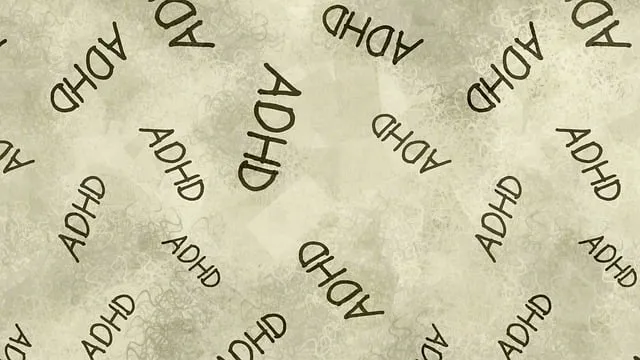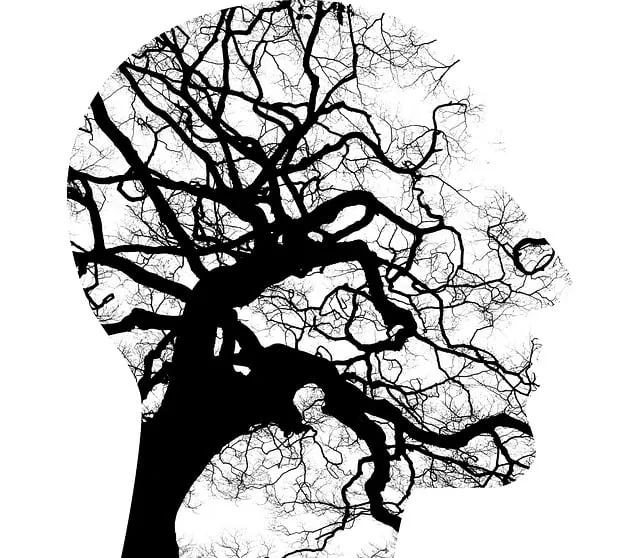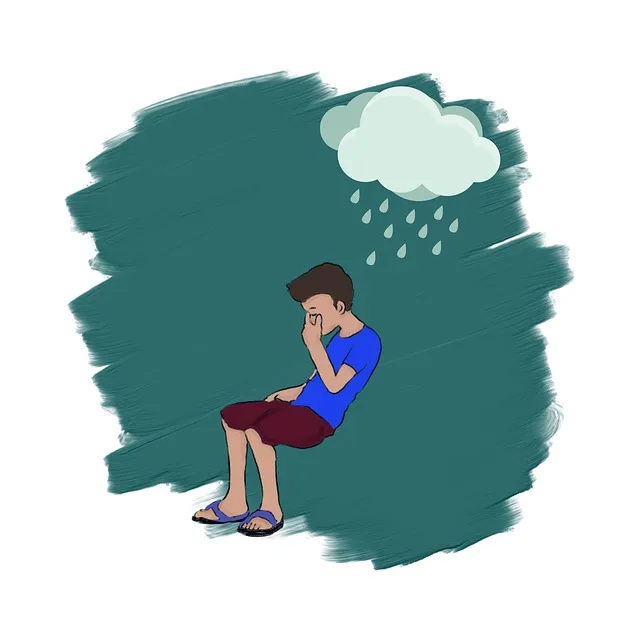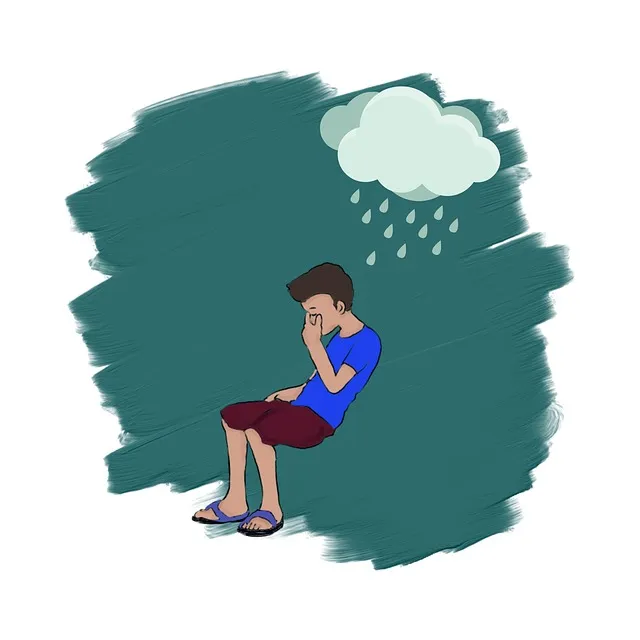In diverse Longmont society, cultural sensitivity vital for Kaiser's mental health therapy to thrive. Understanding cultural diversity behind "Does Kaiser cover mental health?" ensures equitable access & inclusive environments. Tailoring treatments respects identities, navigates language barriers, & promotes open communication, empowering patients to overcome trauma & improve self-esteem.
Cultural sensitivity is a cornerstone of effective mental healthcare, ensuring every patient receives care that respects their unique background. In Longmont, where Kaiser offers mental health therapy services, understanding cultural diversity is paramount for addressing diverse populations’ complex needs. This article explores key aspects, including navigating language barriers and incorporating culturally sensitive practices, to help therapists provide inclusive care. By bridging communication gaps, mental healthcare professionals can foster trust and enhance outcomes, particularly when considering Longmont’s diverse community and Kaiser’s commitment to comprehensive coverage.
- Understanding Cultural Diversity in Mental Healthcare
- Navigating Language Barriers and Communication Gaps
- Incorporating Culturally Sensitive Practices for Effective Therapy
Understanding Cultural Diversity in Mental Healthcare

In today’s diverse society, mental healthcare professionals must embrace cultural sensitivity to provide effective treatment. Longmont residents often wonder, “Does Kaiser cover mental health therapy?” as they seek support, and the answer hinges on understanding cultural diversity within this field. Mental Health Policy Analysis and Advocacy plays a pivotal role in ensuring equitable access to services for all communities, including those from various ethnic backgrounds, religions, and socioeconomic statuses. By recognizing and addressing cultural differences, therapists can create inclusive environments that foster trust and encourage open communication.
Mental Health Education Programs Design should focus on cultivating cultural competence among healthcare providers. This involves training professionals to recognize and appreciate the unique beliefs, values, and practices of different cultures. For instance, what may be considered normal anxiety relief techniques in one culture might differ significantly from another. By understanding these nuances, therapists can tailor their approaches, ensuring that treatments are not only effective but also respectful of individual cultural identities.
Navigating Language Barriers and Communication Gaps

Navigating Language barriers and communication gaps is a significant aspect of providing culturally sensitive mental healthcare. In diverse communities, such as Longmont, where various languages are spoken, ensuring effective communication between patients and healthcare providers is essential for quality care. Kaiser’s coverage in Longmont includes mental health therapy services, but addressing language disparities is crucial to improving patient outcomes.
Cultural sensitivity requires professionals to be adept at using interpreters or translation technologies while also developing skills in non-verbal communication. Encouraging patients to engage in mental wellness journaling exercises or coping skills development activities can facilitate better expression of thoughts and emotions, even when verbal communication is challenging. Stress reduction methods tailored to individual cultural backgrounds can create a safe space for patients to open up, fostering a supportive environment that promotes healing.
Incorporating Culturally Sensitive Practices for Effective Therapy

Incorporating culturally sensitive practices is essential for effective therapy, especially in diverse communities like Longmont where Kaiser’s mental health services are in high demand. Understanding and respecting cultural differences can significantly enhance patient outcomes. For instance, when working with individuals from various ethnic backgrounds, therapists should be aware of the unique beliefs, values, and communication styles that shape their experiences. This awareness enables professionals to create a safe and inclusive environment, fostering trust and encouraging open dialogue.
Longmont’s access to Kaiser’s mental health therapy, combined with well-designed Mental Health Education Programs, can empower individuals to navigate their traumatic experiences and work towards Self-Esteem Improvement. Culturally sensitive approaches ensure that therapy aligns with the patient’s cultural framework, making it more impactful. By embracing these practices, healthcare providers in Longmont can offer tailored support, addressing not just symptoms but also the complex interplay of culture and mental well-being.
Mental healthcare practices that embrace cultural sensitivity are essential in providing effective treatment, especially in diverse communities like Longmont. By understanding cultural diversity and incorporating culturally sensitive approaches, therapists can bridge communication gaps and offer tailored support to patients from various backgrounds. Navigating language barriers is crucial, but it’s only the first step; sensitive practices ensure that therapy remains accessible and respectful of individual cultures. Kaiser’s coverage in Longmont for mental health therapy highlights the importance of these inclusive strategies, ensuring that all individuals receive the compassionate care they deserve.






